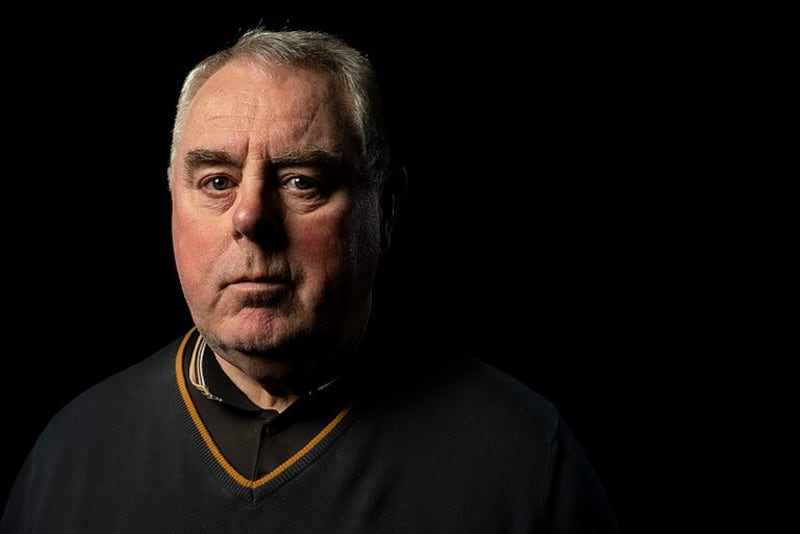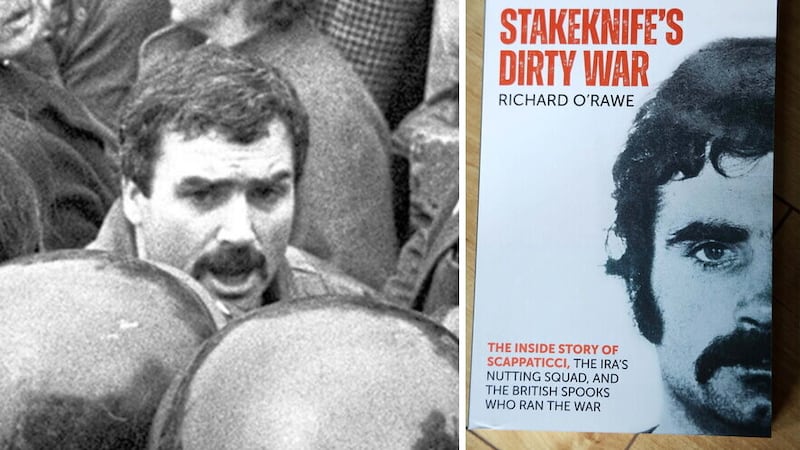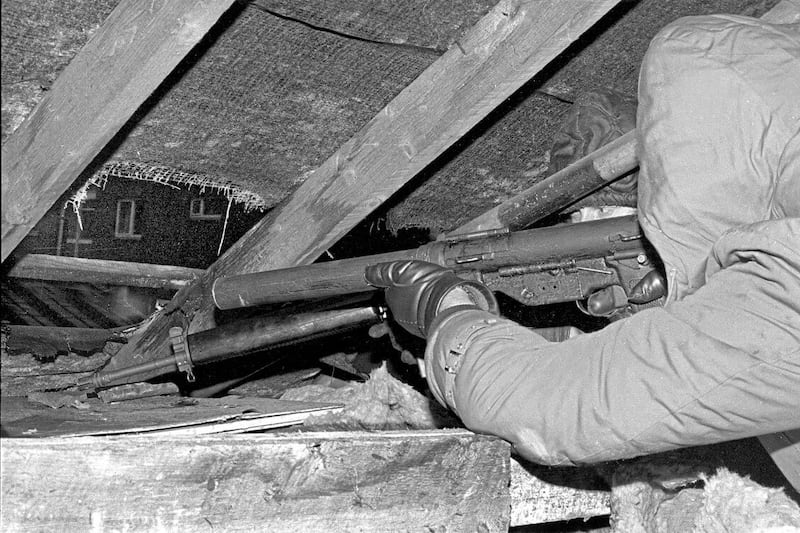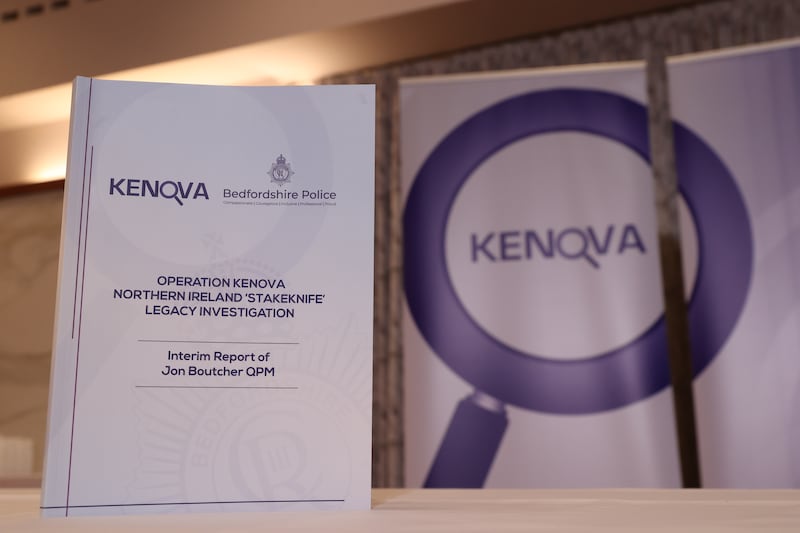The author of a book about British army agent Stakeknife has raised fresh concerns about the role of a shadowy police run co-ordinating group.
Richard O’Rawe was speaking after the publication of the interim Operation Kenova report in Belfast on Friday.
The long-awaited report has found that some people interrogated and killed by the IRA’s Internal Security Unit could have been saved.
The report, which runs to more than 200 pages, investigated the activities of Stakeknife. Freddie Scappaticci, who was named as the agent in 2003, was run by the Force Research Unit.
He was a former commander in the IRA’s Internal Security Unit, which was responsible for hunting down suspected informers and agents.
He died of natural causes last year, aged 77.
Mr O’Rawe has previously explored the role of the Tasking and Co-ordination Groups (TCG), which oversaw covert operations on behalf of British intelligence agencies.
In its report Operation Kenova said the TCGs was headed by a senior Special Branch officer and had a 24/7 capability to respond to intelligence at very short notice”.
The co-ordinating groups included input from MI5 and elements of the British army.
Operation Kenova has confirmed that there are “limited records of the TCGs decision making process with those involved commenting that limited time was available to document their work”.

Mr O’Rawe said the exact role of the TCGs needed to be properly scrutinised.
“There are an unknown number of killings of people who didn’t need to lose their lives,” he said, adding that he believed the TCGs “decided that their lives were expendable.”
“Which begs the question, did they actually watch, have eyes on the murderers when the dirty deed was done?”
“Did they know and when the execution was going to occur, did Freddie tell them?
“Did they know who the executioner was?”
The former republican prisoner also raised concerns that those killed by the ISU have not been identified in the interim report.
“What are the names of those who could have been saved, I think we are entitled to know that,” he said.
Mr O’Rawe suggested that the interim report “was trying to avoid the nitty gritty detail”.
“We need to nail them down, whose murders could have been prevented, we want to know, we are entitled to know.
“You just can’t keep it in the ether and talk in the abstract.”
The report, which was authored by former head of Operation Kenova and current PSNI chief constable Jon Boutcher, said both the British government and republicans should apologise for their role in the Scappaticci affair.
“Apologies don’t cut the cloth here,” Mr O’Rawe said.
“Apologies are an attempt at a soft landing, everybody apologise, and we’ll walk away.
“And you don’t even tell us who could have been saved, who could have saved them.”
“Who are these people in TCG who let these people die?
“Who are they, are we not entitled to know.”
Kevin and Winters, of KRW Law, also raised concerns about the TCG, saying that some evidence held was destroyed or lost.
“This is particularly so when you look at the records of the Task Coordinating Group,” he said.
“The industrial destruction of TCG - based material and other records served to undermine the work of Kenova and create further delay.
“This systemic culling of material chimes with the obstacles put in place of Sir John Stevens whenever he commenced his work in investigating loyalist - state collusion in the 1990′s.
“MI5 and other authorities based in Whitehall fortunately retained many records, which had they not been made available, would have meant Kenova concluding a number of years ago.”








